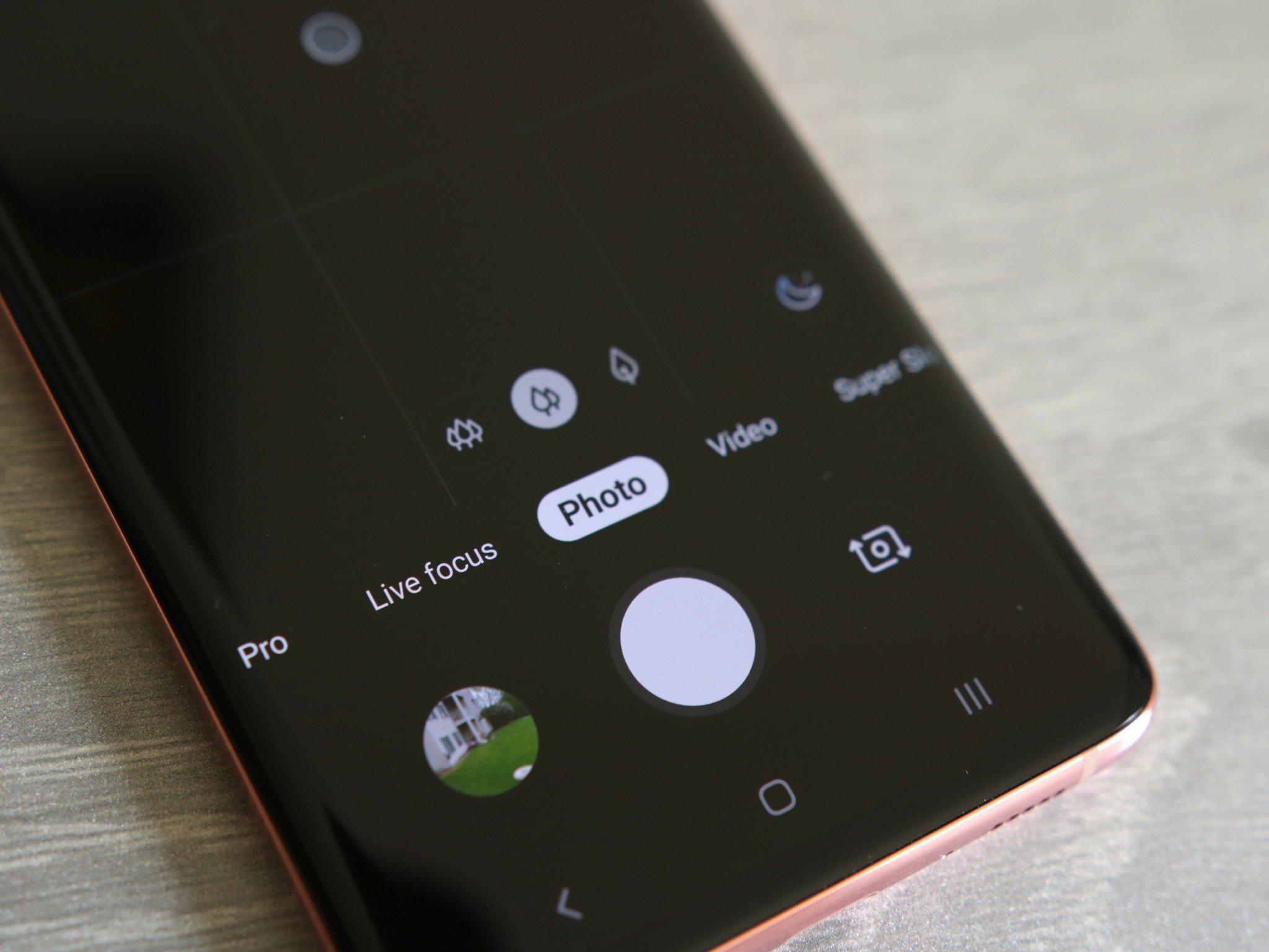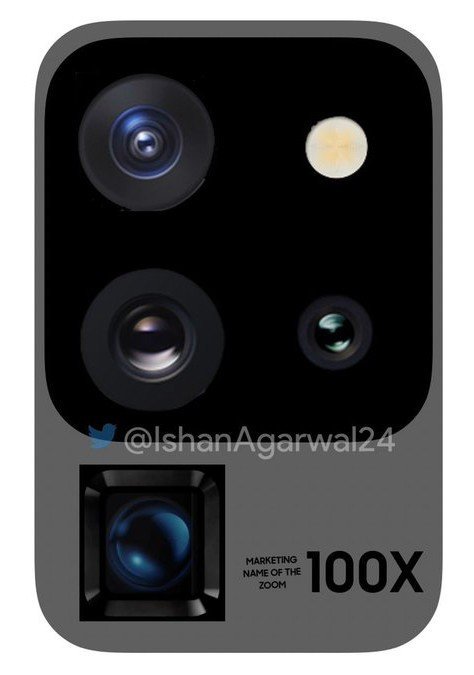It looks like Samsung is giving the Galaxy S20 the camera upgrades it needs

I just finished writing up a re-review of the Galaxy S10+ after one year, and one of the biggest things that struck me is that the camera is a true weak point of that phone. Everything else in the hardware, specs, display, features and even software feel modern and good — the camera is, frankly, a disappointment by the latest standards. In a world where the Pixel 4 exists, the bar is so high for phone cameras, and Samsung just wasn't advanced enough when the S10 series came out to really hang with the pack as other 2019 phones launched.
Thankfully for Samsung, it once again has first-mover advantage in 2020 with the Galaxy S20 series launching in February. And indications are, based on the extensive leaks, that Samsung got the camera setup right this year after a couple years of coming up short of wowing us.

Samsung used basically the same camera setup for the past three generations of Galaxy S and Note phones, which is just far too long. The supporting cast of sensors and and features changed, but the main shooter was so similar — and in turn, the camera quality was basically the same. Samsung's cameras definitely have a look, and an appealing one at that, but the fundamentals of the shots just don't hold up to what we expect from top-end smartphone cameras today. And that's painfully clear in particular when you look at the competition's low-light cameras compared to what Samsung's been rolling out the last few years.
Samsung's going to stop messing around with silly gimmicks like dual apertures, and focus on what matters: a better sensor. Its old 12MP sensor is stepping aside for a yet-to-be-released Sony IMX 555 sensor with the same 12MP resolution, but crucially with a much larger 1.8-micron pixel size (versus 1.4). If Samsung can pair that with appropriately improved processing, its low-light photos stand to make a major improvement. The bigger pixels should help with Samsung's biggest weakness, low-light shots, but is generally useful in all situations.
A new main sensor, and a new telephoto lens, will pair up to make much-needed improvements.
Just as importantly, Samsung is leaning way in on optical zoom this generation. The 2X lens it had been using was good when it first debuted, when optical zoom was a novel idea, but not super useful as it aged, providing minimal improvement over good digital zoom systems while also using an inferior lens that wasn't good in low light. Now we're getting a new 64MP sensor and 3X optical zoom; bumping up to 3X optical is a big improvement, and when paired with good digital zoom on the high-megapixel sensor puts it right back up into the top tier of what we expect from a telephoto camera.
That's already an intriguing camera story for the Galaxy S20, but what makes this all extra interesting is that Samsung is apparently going with a completely different set of cameras for the Galaxy S20 "Ultra." This bucks another trend where it typically kept the sensors and lenses the same across its flagship lineup (Galaxy S and Note included) in any given year.
If that wasn't enough, the S20 Ultra should take things another step up with even better specs.
A crazy large 108MP main camera will likely pixel-bin down to 27 or 13.5MP photos with an effectively larger pixel size, as is the latest trend. With all of that extra data, once again if Samsung can process it properly, we could see a notable step up in quality. Next to that main sensor, the telephoto camera is apparently going all the way up to a 10X optical zoom, which is just crazy — if Samsung figured out how to properly stabilize that lens, and keep it optically clear, it'll be a real standout.
Be an expert in 5 minutes
Get the latest news from Android Central, your trusted companion in the world of Android
The biggest theme of the S20 series is that Samsung clearly isn't going to sit still for another generation of cameras, and it's also not going to be conservative. Outside of offering ultra-wide and telephoto cameras, there's nothing about this setup that's familiar or building on what Samsung already offers. This is a re-think and a seemingly impressive improvement to the camera system across the board. And I can't wait to try it out to see how it performs in the real world.
Andrew was an Executive Editor, U.S. at Android Central between 2012 and 2020.

